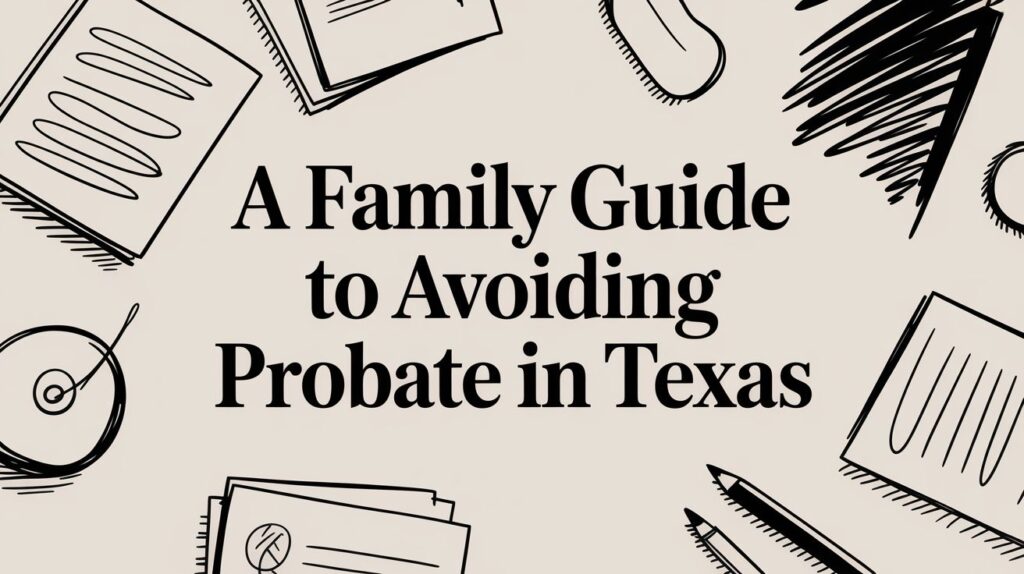Understanding the Importance of Estate Planning
Estate planning is a crucial process that allows individuals to manage their assets and ensure their wishes are fulfilled after their passing. By engaging in estate planning, you can make informed decisions about asset distribution, guardianship of dependents, and healthcare directives, ultimately providing peace of mind for both you and your loved ones.
For instance, creating a will can clarify your intentions regarding property distribution, while establishing a living trust can help avoid probate court, making the process smoother and more efficient for your heirs. Understanding these tools and their implications is essential for effective estate planning.
Common Mistakes in Estate Planning
Many individuals make critical errors when planning their estates, which can lead to complications for their beneficiaries. Common mistakes include failing to update wills after major life events, not considering tax implications, and neglecting to communicate plans with family members.
For example, if a person remarries but does not update their will, their previous spouse may inherit assets, potentially causing disputes among family members. Regularly reviewing and updating estate plans can help mitigate these risks and ensure that your wishes are honored.
Probate Process Explained
The probate process is the legal procedure through which a deceased person's estate is administered. This process involves validating the will, settling debts, and distributing assets to beneficiaries, which can take several months to years, depending on the complexity of the estate.
In Texas, the probate process can be streamlined through various options, such as independent administration or small estate affidavits, which can significantly reduce the time and costs involved. Understanding the probate process is vital for effective estate planning and can help you make informed decisions about how to structure your estate.
Choosing the Right Estate Planning Attorney
Selecting an experienced estate planning attorney is critical to ensuring your estate plan is legally sound and tailored to your needs. An attorney specializing in estate planning can provide valuable insights into the various options available, helping you navigate complex legal requirements and personal circumstances.
When choosing an attorney, consider their experience, reputation, and approach to client relationships. For instance, an attorney who prioritizes communication and education can help demystify the estate planning process, making it easier for you to understand your options and make informed decisions.








